- Details
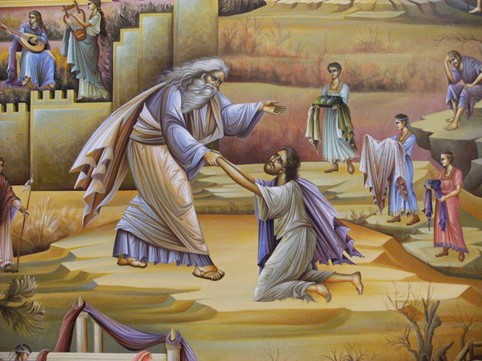
"For the completion of the remainder of our lives … in repentance…"
One of the most important petitions that are addressed to God during the Divine Liturgy (and in all other holy Services), is for repentance and forgiveness of our sins. These prayers of the Church are modeled on the prayer the Lord Himself gave us: “Our Father … and forgive our trespasses” (Matthew 6:9&12). What is being asked for here is to be freed from our sins. Other examples of this are beautifully expressed in Psalm 50 (51), which is recited at least four times a day, along with such prayers and supplications as: “For the completion of the remainder of our lives in peace and repentance, let us ask the Lord”; “We also pray for …the forgiveness and the remission of sins …” We also have the period of Triodion and Holy Great Lent, which includes the hymn “Oh You Giver of life, open up the gates of repentance …” The chanting of this hymn, following Psalm 50 (51) during Sunday Matins, calls our souls to repentance.
- Details
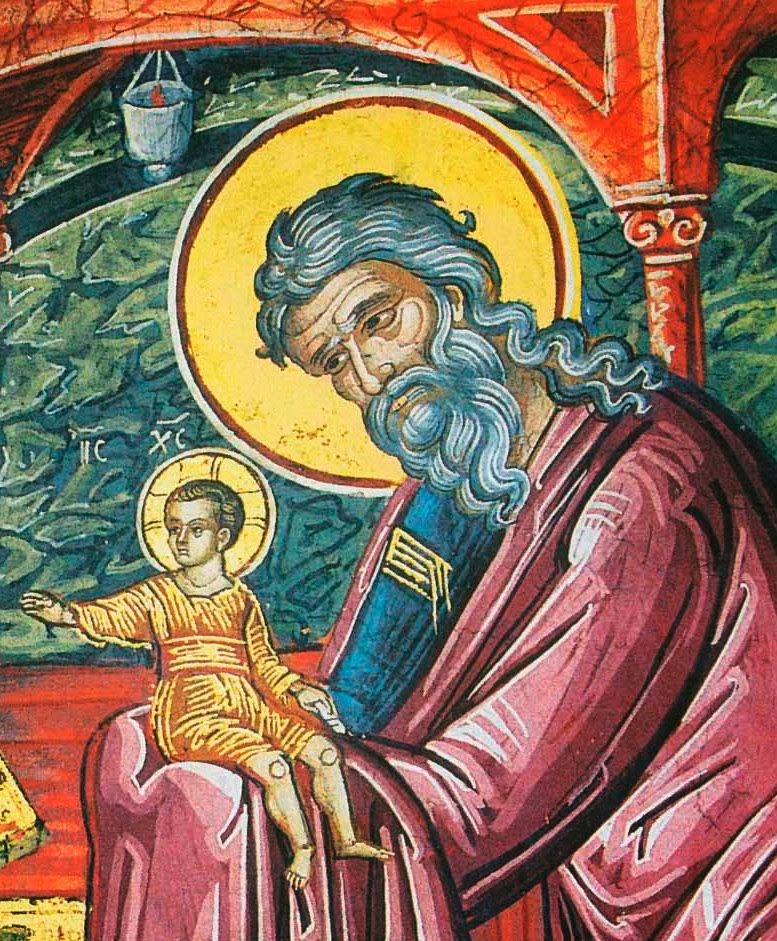
"A light to bring revelation to the Gentiles"
Righteous Symeon, while holding the Infant Christ, concluded his praise to God with a prophecy: "my eyes have seen Your salvation which You have prepared before the face of all peoples, a light to bring revelation to the Gentiles" (Luke 2:30-32). Inspired by the Holy Spirit, Symeon prophesied, as Isaiah once did (see Isaiah 49:6), that Jesus Christ is the light and Savior of the whole world. It is this light that will shine on all the pagan nations, freeing them from the darkness of ignorance of the true God.
- Details
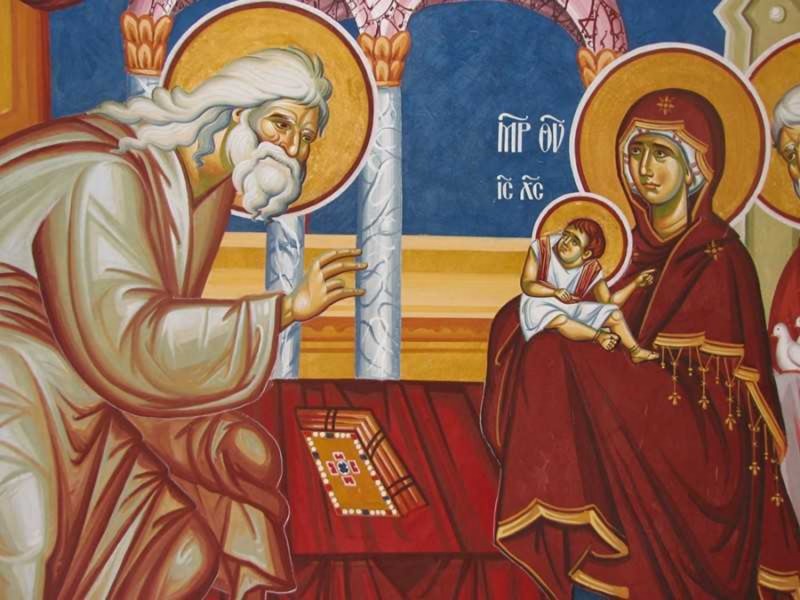
Now You are letting Your Servant Depart in Peace”
When the righteous Symeon held the Holy Infant in his arms at the Temple of Jerusalem, he prostrated his soul before Almighty God, glorifying the majesty of His Divinity with these words:
“Lord, now You are letting Your servant depart in peace,
According to Your word;
For my eyes have seen Your salvation …”
In the previous Homily, we began our examination of the Song (Praise) of Symeon by highlighting two major themes that can be found in the text. We continue now with a third, which is the desire to peacefully end our earthly journey, allowing our souls to enter the heavenly kingdom.
- Details
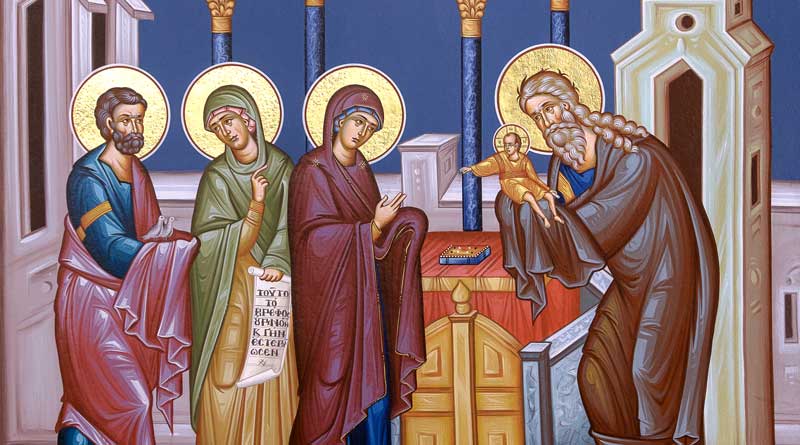
At every Vespers, we hear the prayer: “Lord, now You are letting Your servant depart in peace, according to Your word; For my eyes have seen your salvation ..." (Luke 2: 29-31). As St. Luke the Evangelist writes, it is with these words that the Righteous Symeon praised and thanked God, when he took the 40 day old baby Jesus in his arms, while in the Temple of Jerusalem.
- Details
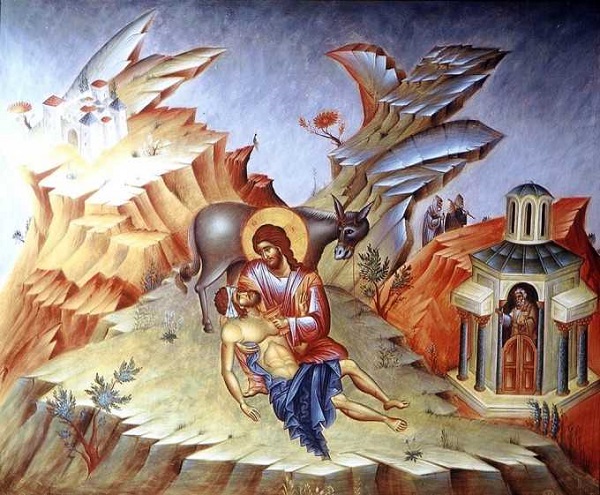
We often hear in the Divine LIturgy and other Holy Services of the Church prayers and supplications before God that are related to “mercy,” such as: "Have mercy on us,O God, according to your great mercy...”; “ For you, O God, are merciful and love mankind ... "; “By the mercy and compassion and love for man of Your Only-begotten Son...” These and many other similar expressions are heard repeatedly in our common worship, appealing to the merciful God.





